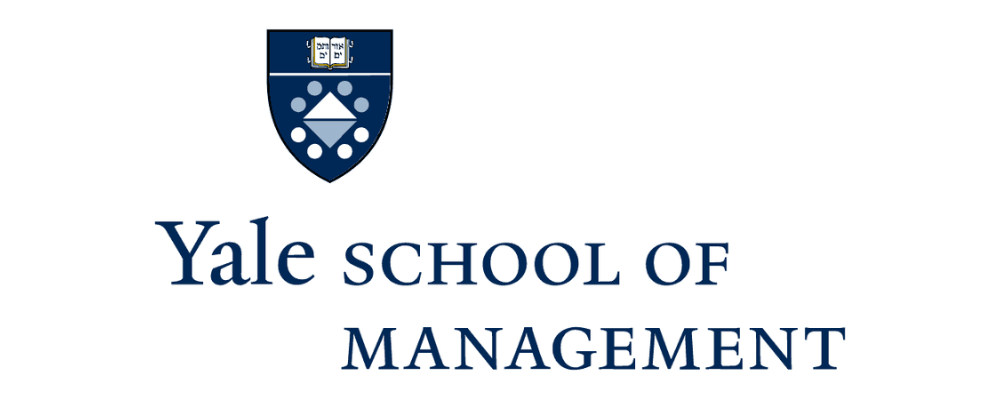
A third of doctors trained in Ghana now live abroad, as do 91% of Ethiopian-born PhD holders and two-thirds of graduates from the top Canadian software engineering programs.
Statistics like these have long prompted concerns that large, rich nations are depriving less populous, less wealthy ones of their native-born talent. If most of the skilled workers leave, the thinking goes, small countries and low- and middle-income countries (LMICs) will struggle to advance.
The ‘brain drain’ idea is simplistic. We wanted to take a systematic look at the literature and help people understand all the ways in which the story is a lot more complicated.
But this “brain drain” narrative obscures a far more nuanced reality. In fact, since the 1990s, scholars have argued that migration may also benefit origin countries in numerous ways—through transfers of knowledge, money, and norms. This can result in what is sometimes called “brain gain.”
How, where, and why brain gain happens is the focus of new research by Yale SOM’s Ahmed Mushfiq Mobarak, co-authored by Catia Batista of Portugal’s Nova School of Business, Daniel Han of Boston University, Johannes Haushofer of Cornell University, Gaurav Khanna of UC San Diego, David McKenzie of the World Bank, Caroline Theoharides of Amherst College, and Dean Yang of the University of Michigan. The paper analyzes previously published studies to identify the specific pathways through which origin countries can benefit from migration, and under what conditions “brain gain” –as opposed to “brain drain”– dominates.
“The ‘brain drain’ idea is simplistic,” says Mobarak. “We wanted to take a systematic look at the literature and help people understand all the ways in which the story is a lot more complicated.” Ultimately, the paper suggests, whether countries benefit or suffer from migration on net may depend on their policy choices and domestic conditions.
While the idea of brain gain has been around for decades, only recently have scholars been able to study and measure it precisely. New methods in social science research, which use statistical methods to identify causal relationships, have made it much easier to measure the outcomes of specific economic, social, and policy changes. Mobarak and his colleagues focused their attention on research that used these rigorous approaches to study migration.
For example, one study highlighted in the paper by co-author Theoharides examined how an increase in the number of U.S. visas available for nurses affected the supply of nurses in the Philippines. This research showed that a greater demand for nurses in the U.S. increased enrollment in nursing programs in the Philippines—and ultimately, the overall number of both nurses and workers with a post-secondary education. In fact, for every one Filipino nurse that went abroad, nine new nurses were licensed.
Versions of this story have played out in other countries and industries. The tech boom of the 1990s, and the increased availability of U.S. visas for skilled workers, meant that “computer science education in India suddenly went through the roof,” Mobarak says. After all, “suddenly, there was a 25% chance you’ll end up in the U.S., where wages are orders of magnitude higher.” In other words, far from depleting the supply of skilled workers, migration—and even the possibility of migration—encourages more people to develop valuable skills in the first place.
And when more workers develop specialty skills, it can spur the creation of domestic businesses—and even industries—in origin countries. India, for example, leveraged that sudden surge in workers with computer science skills to develop a massive domestic information technology sector, according to research by coauthor Khanna. This IT boom was made possible not only by tech workers who returned from the United States, but also those who did not receive visas to work abroad.
Migrants can also bring money back to their home countries, both through remittance payments and foreign direct investment (FDI). For instance, one study found that, as the number of migrants to the U.S. from a particular country goes up, the amount of foreign direct investment in that country goes up too. These effects are heightened when migrants are highly educated.
Alongside skills, business ideas, and investment, there’s evidence that migrants transmit new social and political norms. Studies of Bangladesh and the small West African nation of Cape Verde showed increases in female household decision-making power within migrant families, as well as the households of their close contacts. And people who are educated in democratic foreign countries go on to promote democracy in their home countries, another study found.
However, whether origin countries can ultimately harness these positive “brain gain” effects comes down to smart policymaking. To do that, Mobarak advises, “you need to make your country a welcoming place for your diaspora—so you need to maintain connections.” Dual citizenship or similar programs can make it easy for people to come and go, supporting ongoing exchange and reinvestment.
Similarly, “putting barriers to exit is never a good policy”—if people want to leave for the betterment of themselves and their families, trying to stop them is like “pushing against the wind,” Mobarak says. Instead of fighting migration, origin countries should understand it as an inevitability and seek to maximize its benefits.
Facilitating remittance payments is one such tool. Remittances are a significant fraction of gross national product for many LMICs, and “that’s not only a lot of money; it’s an important source of foreign exchange, which is important to maintain macroeconomic balances,” Mobarak says.
The countries that succeed are the ones that are able to create institutions that attract talent from wherever it happens to be born.
Origin countries can also benefit from migration by strengthening their domestic education systems. “If people really want to invest in their human capital to be more competitive in labor markets abroad, make it easy for them to do that,” Mobarak says. Lessening regulatory barriers on universities (while being careful to control education quality) and encouraging more private sector entities to meet the demand for education can make it easier to meet the demands of the global labor market.
Could anti-immigration rhetoric and policy in the United States—which has long been a preferred destination for global migrants—change these dynamics? Mobarak says that if the U.S. makes immigrants feel unwelcome, it risks losing top talent to other popular destination countries, such as Canada or the United Kingdom. Countries like China, meanwhile, may find it easier to retain their skilled professionals. And some people in small countries and LMICs may stay home, depriving both origin and destination countries of migration’s benefits.
That’s a shame, Mobarak argues. “The countries that succeed are the ones that are able to create institutions that attract talent from wherever it happens to be born,” he says. Making policy choices that keep the world’s best and brightest from coming to America is ultimately “an own-goal.”
“The Yale School of Management is the graduate business school of Yale University, a private research university in New Haven, Connecticut.”
Please visit the firm link to site



